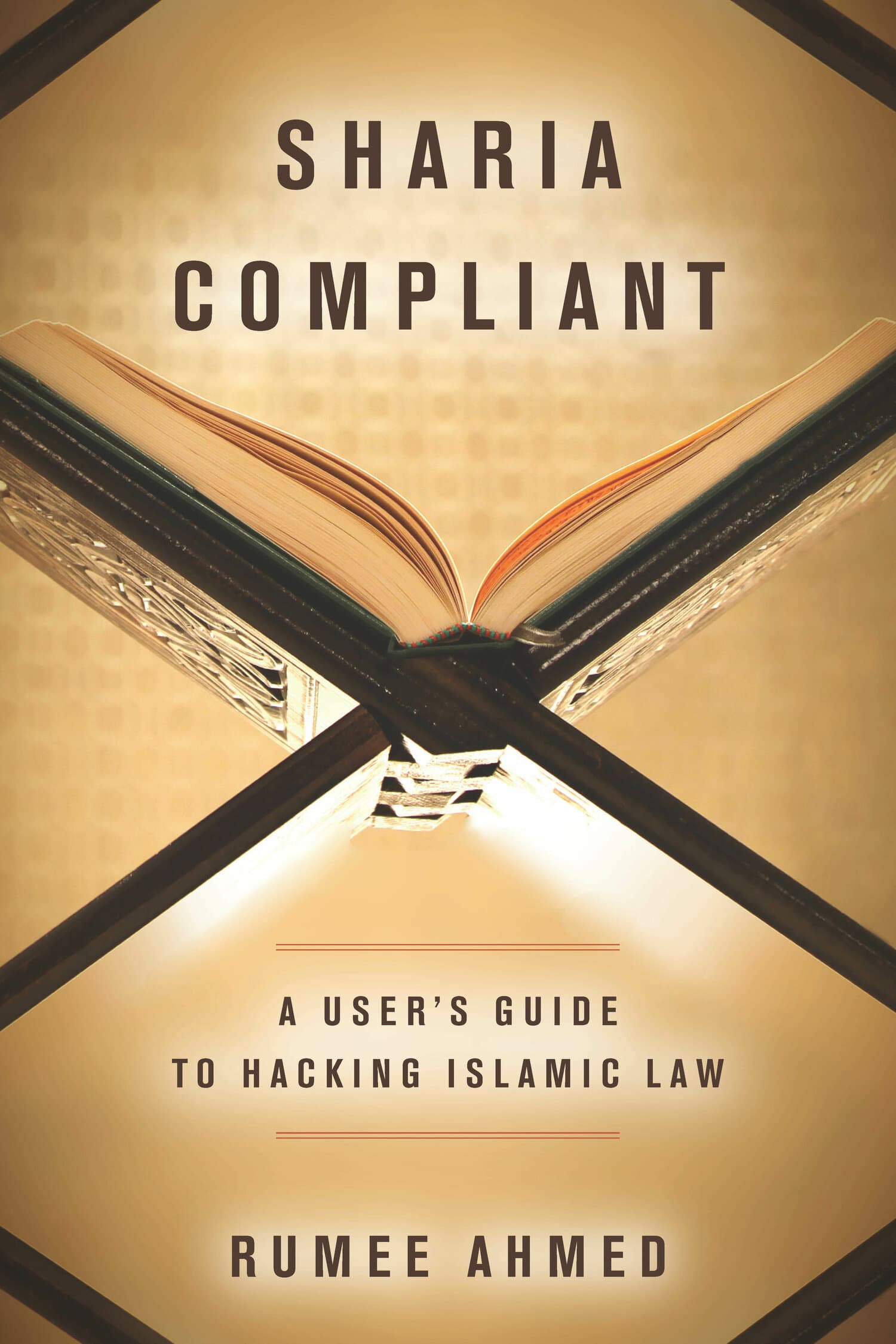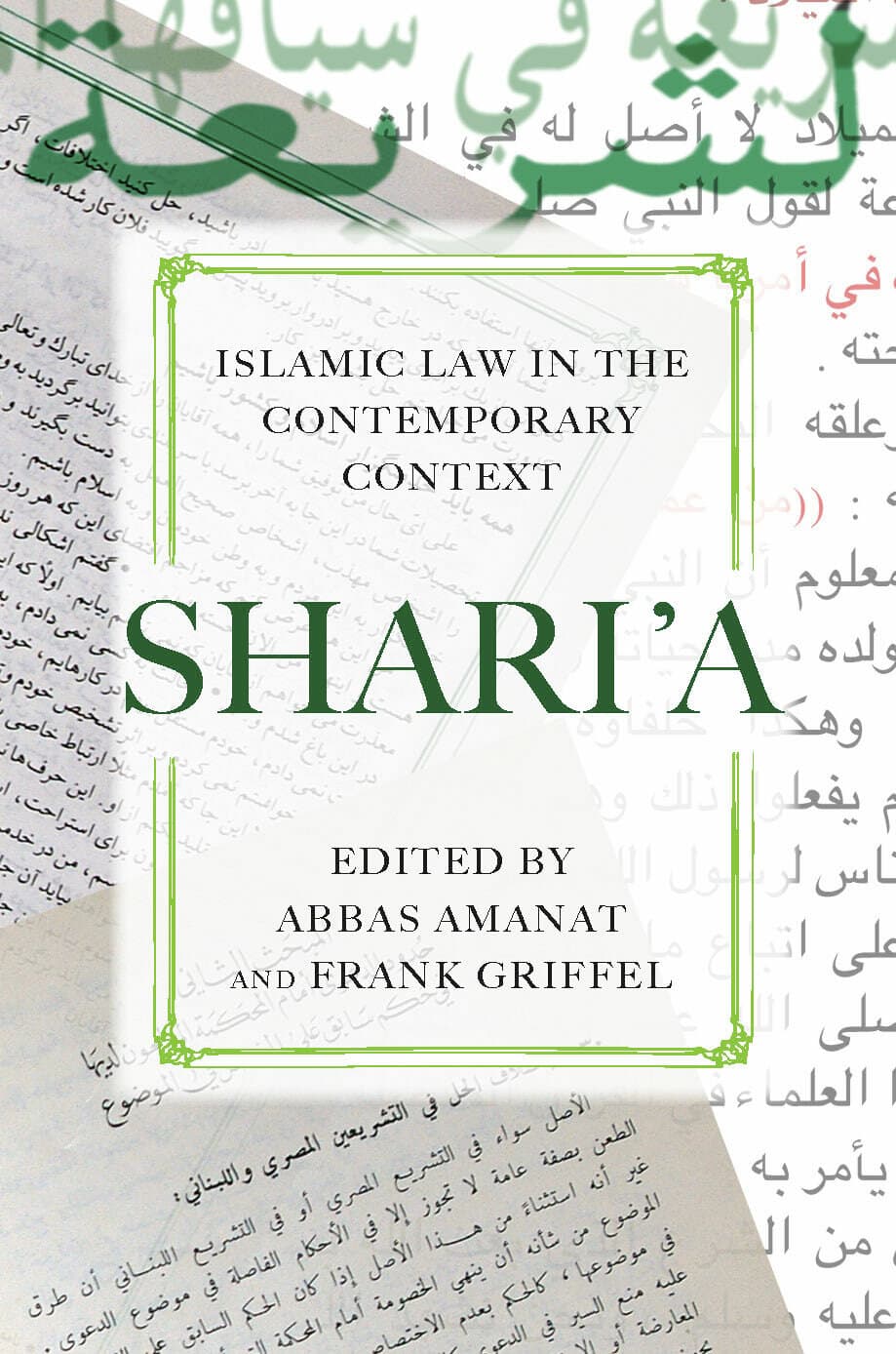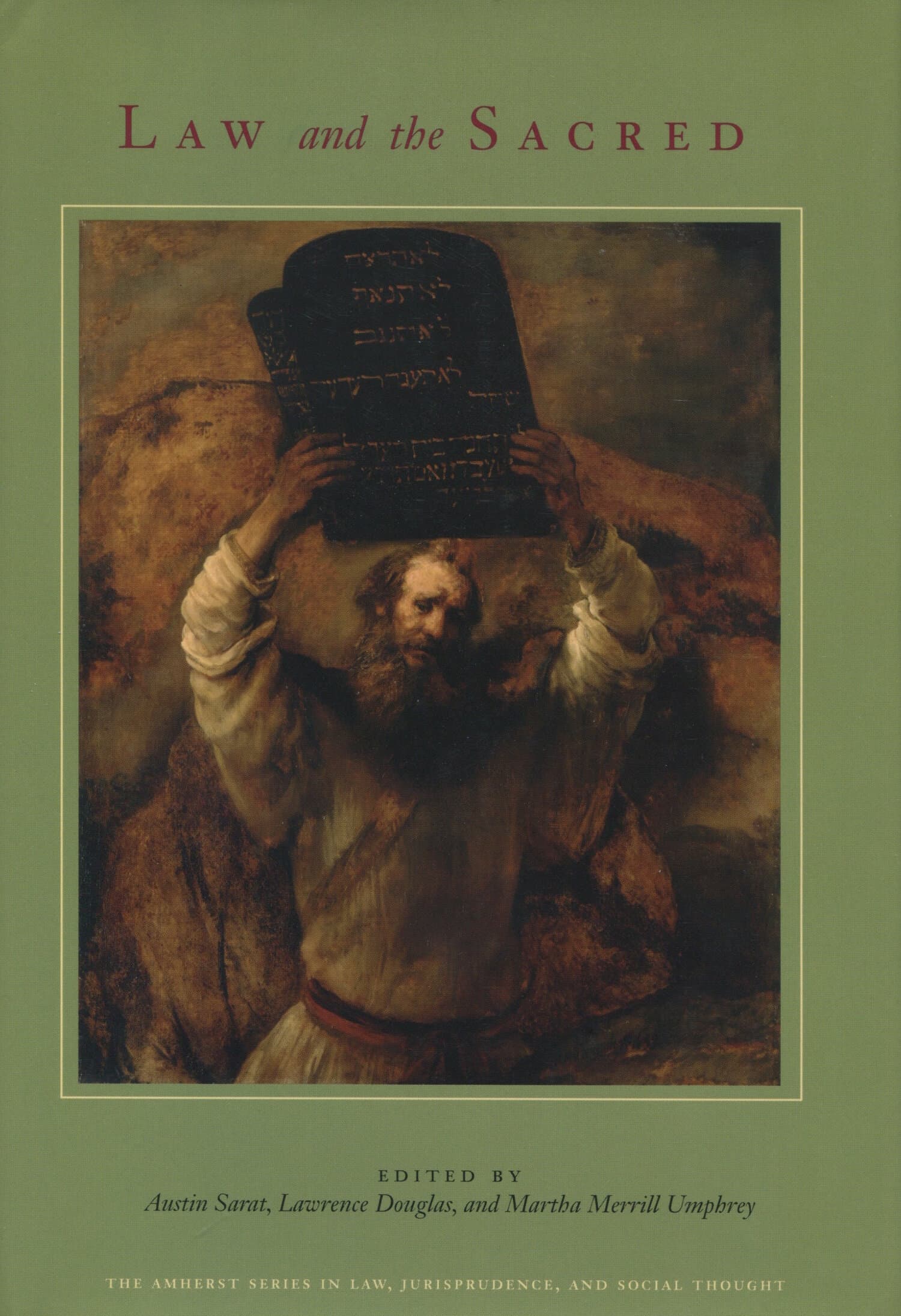Ebu’s-su`ud

The jurist Ebu's-suud (c. 1490–1574) occupies a key position in the history of Islamic law. An Ottoman tradition, which began in the seventeenth century and which modern historians often reiterate, asserts that Ebu's-suud succeeded in harmonizing the secular law with the shari 'a, creating, in effect, a new ideal Islamic legal system. This book examines the validity of this assertion.
The author begins by choosing five areas of Islamic law for analysis: the Sultan and legal sovereignty; land tenure and taxation; trusts in mortmain; marriage and the family; and crimes and torts. In each of these areas, he lays out the most important rules and concepts in the Islamic juristic tradition, and then gives his translations of a selection of Ebu's-suud's writings on the topic in question, with a brief analysis. From these materials, the author suggests that readers draw their own conclusions as to whether Ebu's-suud did indeed reconcile Ottoman secular legal practice with the sacred law.




